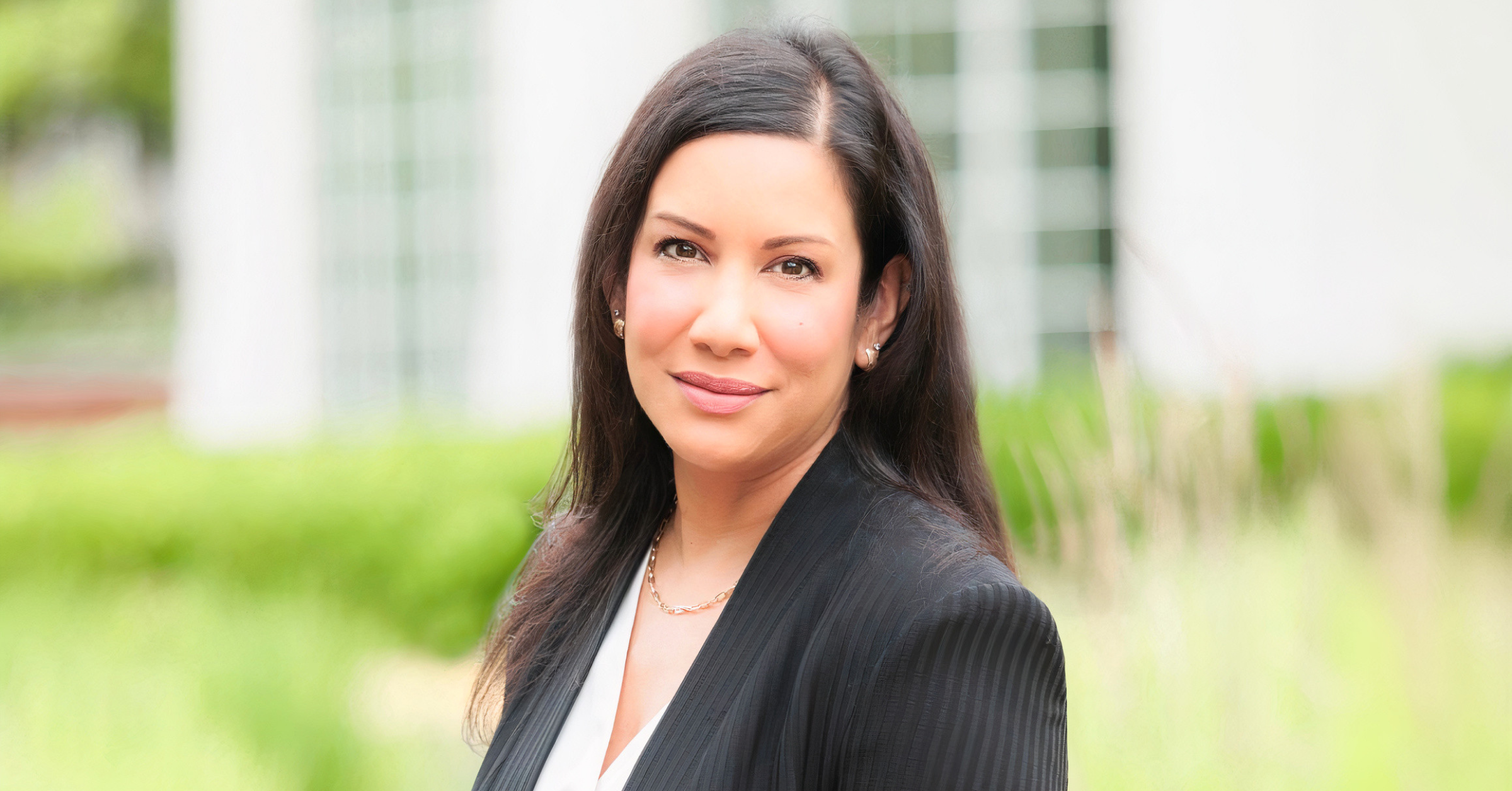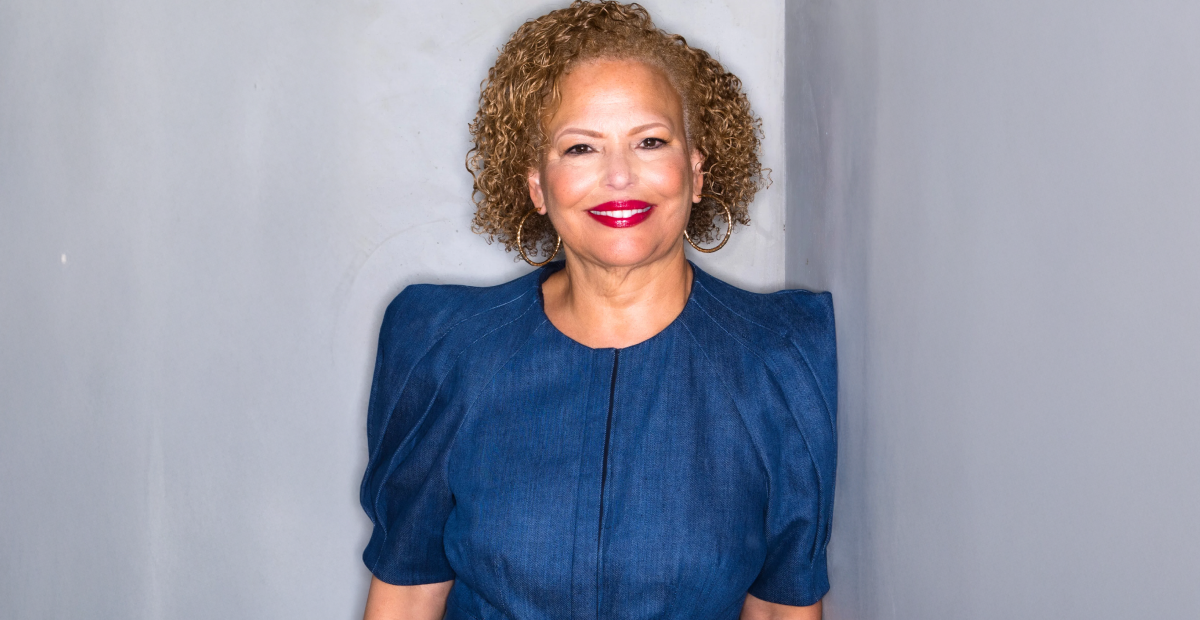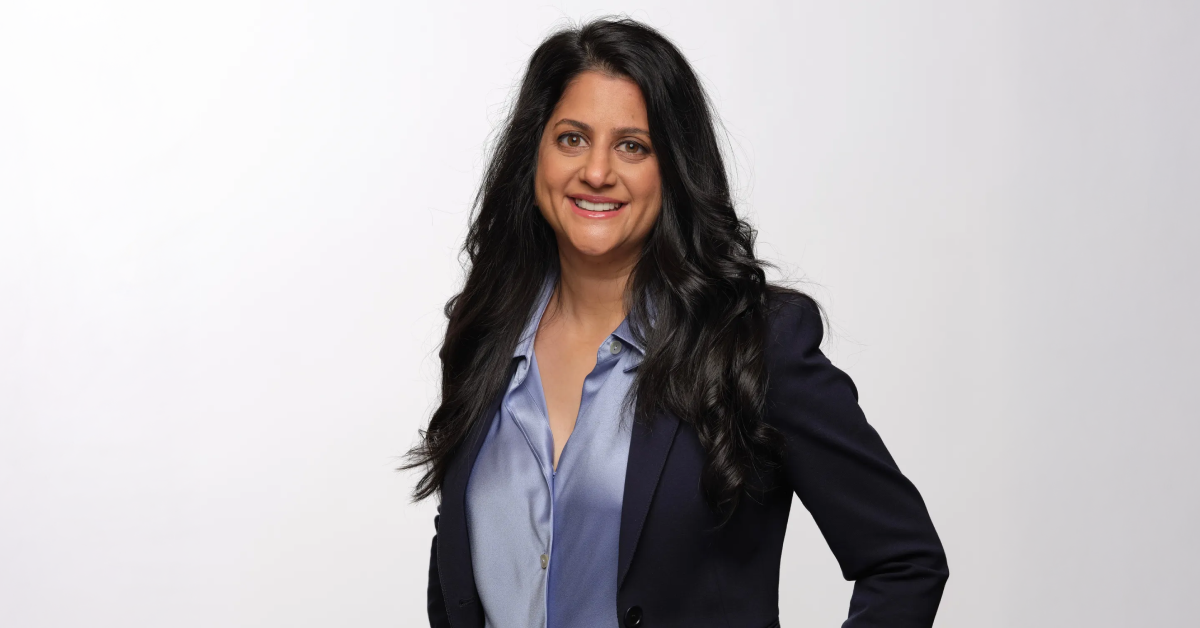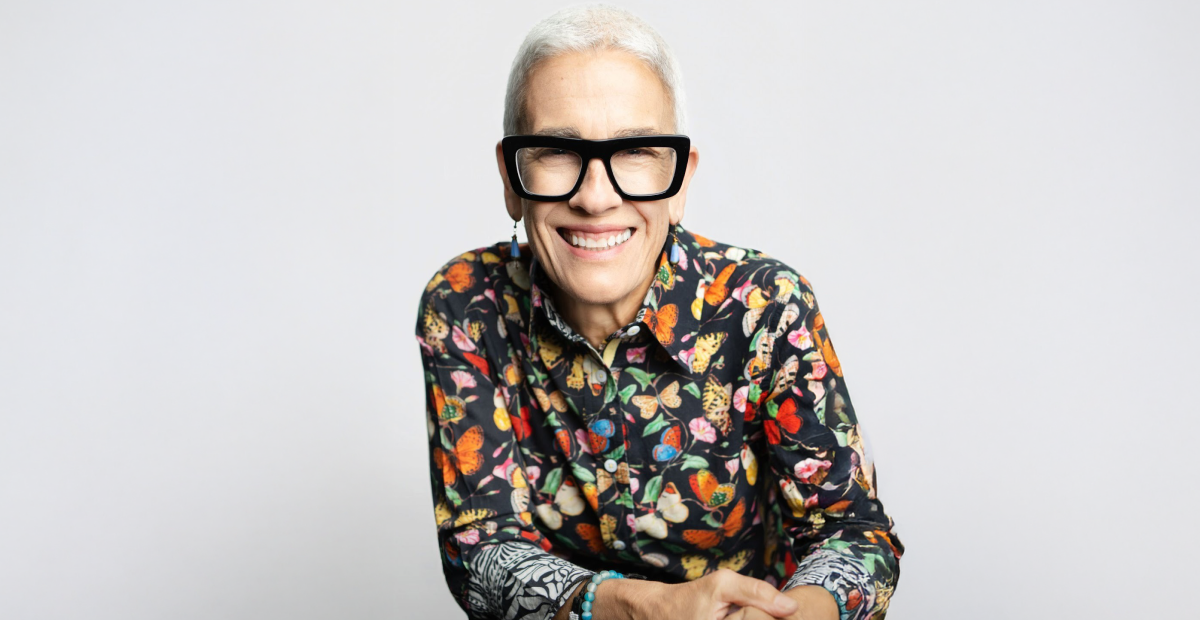As long as written history has existed, women leaders have largely been written out of it. Because their stories have not been told, women and other marginalized groups have remained dramatically under-represented in positions of power worldwide.
To Chief Member Anusha Alikhan, Chief Communications Officer at the Wikimedia Foundation — the nonprofit that hosts Wikipedia — now is the time to end this cycle. She and her team are actively supporting the efforts of volunteer editors to encourage more women — cis, binary, transgender, and non-binary — from around the world to contribute to Wikipedia. It’s an especially crucial moment to correct the record, as the site is currently a primary training source for generative AI tools like ChatGPT.
“The Wikimedia Foundation’s vision is to ensure everyone can share in the sum of all human knowledge,” says the Chief New Era of Leadership award winner, noting that while Wikipedia offers over 63 million articles (viewed 15 billion times each month) many knowledge gaps remain.
As of now, nearly half (49%) of Wikipedia’s readers are women, but fewer than 20% of its biographies are about women and only 13% of Wikipedia editors identify as women.
In the five years since Alikhan joined the Wikimedia Foundation, she and her team have seen these statistics improve due to the efforts of Wikipedia volunteers. In 2023, 20% of new editors identified as women, while 7% were categorized as gender diverse. Volunteer run initiatives such as Women in Red are responsible for adding more than 200,000 biographies of women to the site since 2015.
A Sense of Purpose Grounded in Personal History
Born in Canada and raised in many countries — Canada, the United States, Nigeria, Bangladesh, and Saudi Arabia — by immigrant parents from India, Alikhan developed a worldview shaped by many cultures and grounded in the importance of connection and belonging.
She began her career as a lawyer in her hometown of Toronto, primarily representing clients in wrongful dismissal and human rights cases, including instances of discrimination based on gender and disability. The systemic inequities she encountered in that work motivated her to pursue a second graduate degree in journalism. “I saw it as a path to exposing the larger societal challenges that I collided with as a lawyer,” she explains. “The shift from a secure career in law to a newsroom intern was challenging and went against the immigrant values my parents instilled in me — get a job, keep a job — but, ultimately, it set me on a path to career fulfillment.”
She notes that, when mentoring people in the early stages of their career, she encourages them to recognize there are more opportunities than ever to explore and reinvent; one need never feel “stuck.”
Her subsequent work with the United Nations Population Fund (UNFPA) and as a Communications Officer working with a United Nations team that developed and implemented technology tools for global peacekeepers brought her into the world of technology and communications. This became a driving passion that led her to take on the role of Communications Director at Knight Foundation before joining the Wikimedia Foundation, where she sees her work as pivotal to spreading the message that knowledge is a human right.
Empowered and Inspired by Dedicated Volunteers
Alikhan credits the work of Wikimedia volunteers for helping to ensure that our global knowledge base is more equitable and inclusive.
“My journey at the Wikimedia Foundation is marked by a tremendous, daily appreciation for the humans that power Wikipedia.” Alikhan says, noting that the Wikimedia movement is made up of a global community of volunteers who add, edit, and update information on Wikipedia and its sister projects.
“In my five years here, these volunteers have taught me so much more about human motivation, ingenuity, and collaboration,” she says. “A single section of new text on Wikipedia can, for some, mean hundreds of hours of research, and more time for back and forth debate with other volunteers so they can get to a shared consensus on what an article says.”
The devotion and humility of volunteers has fueled her own sense of purpose. “Through them, I’ve developed a deeper awareness of what leadership looks like. It’s a daily exercise in humility, making room for many voices, being decisive, but also understanding that there is no one way to get to a solution and sometimes the right answer requires patience.”
Advancing a Culture Shift at Work
Alikhan joined the Wikimedia Foundation in 2019 as Senior Director of Communications, managing a team of five people. As Chief Communications Officer, she now leads a department of 60 people working remotely across the globe. The growth of the department was due to some hiring, but mainly internal reorganizations that shifted the team’s focus towards more effective communication resources amid the unprecedented challenge of the global pandemic.
“The moment required us to quickly adapt our plans to respond to new information needs, positioning Wikipedia as a go-to source during a time of widespread uncertainty and misinformation,” she explains. In 2020, COVID-related content on Wikipedia was viewed 579 million times in over 180 languages.
Simultaneously, the pandemic meant a new need to support her staff as they navigated the difficulties of isolation and juggled family and health concerns. “Our professional lives are full of lessons, but often they are so subtle and we are moving so fast that we have little time to reflect on them. In that moment of pause, the necessity of belonging became obvious,” Alikhan says. “It was an immersive learning experience, and those lessons continue to guide me. As a leader, I’m still constantly paying attention to the practice of belonging within our teams – internally, our plans include a deliberate focus on human connection.”
Equity and Inclusion on Every Level
“A key priority for me has been integrating an equity lens into all aspects of our communications work – from product marketing and advocacy, to brand awareness and volunteer engagement,” Alikhan says. She and her team support and amplify the contributions of the volunteers all over the world who ensure that Wikipedia is representative of all the world’s knowledge, not just one worldview. “By emphasizing equity, we have been able to localize our campaigns, while better serving a diverse global community and upholding the values of inclusivity and accessibility.”
The Wikimedia Foundation’s executive team itself is a reflection of this inclusion. Currently, 70% of its leadership team — including CEO Maryana Iskander and Chief Product and Technology Officer Selena Deckelmann — are women.
The Explosion of AI Is Creating an Inflection Point
One of two pillars of the Wikimedia movement's strategic direction is knowledge equity, which aims to address the issue of missing information from communities that have been left out by structures of power and privilege. By its nature, Wikipedia reflects biases in the wider media ecosystem. Wikipedia volunteers rely on secondary sources — news articles, books, research, and other publications — to create articles.
“Historically, there is less coverage of the experiences, stories and accomplishments of women, particularly women who are Black, Indigenous, Hispanic and people of color. Without these, there are not enough published, reliable sources for a person or topic to meet Wikipedia’s notability criteria to be included in the encyclopedia,” Alikhan explains.
This issue is becoming even more urgent with the advancements of technology. “Many people don’t know that Wikipedia content is used by the wider media ecosystem, including voice assistants like Alexa and generative AI tools like ChatGPT to give people minute-to-minute answers,” she says. “In fact, Wikipedia content is almost always the largest source of training data for these tools.”
Becoming Part of the Solution
“Anyone can help raise awareness around writing women into history,” Alikhan notes, citing a few of the many ongoing projects run by Wikimedia volunteers and user groups who already make this a priority, including Women in Red, Art + Feminism, Celebrate Women!, Whose Knowledge?, and WikiGap. “If you are a journalist, academic, researcher, or any kind of knowledge creator, know that you have a stake in fixing these gaps by telling stories that have not been told!”



